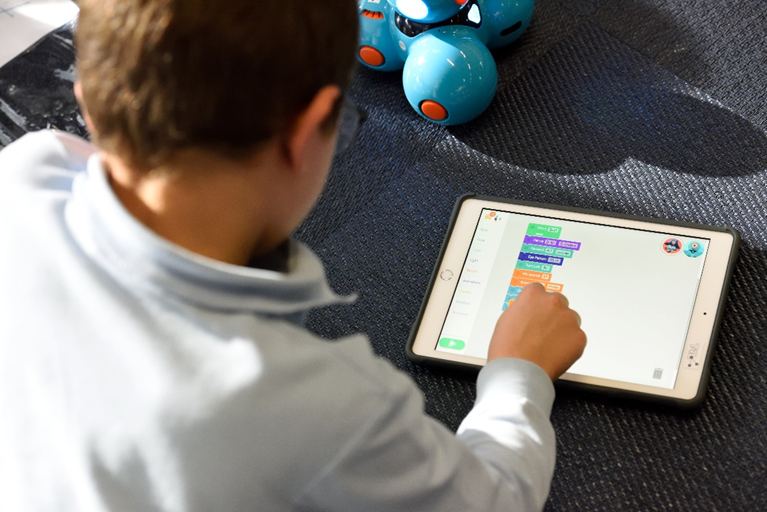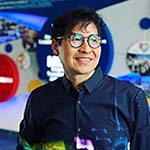Chin-Chung Tsai National Chair Professor | School of Learning Informatics
Professor Tsai is a distinguished chair professor and the director of the Department of Library and Information Science, Graduate Institute of Information and Computer Education as well as the School of Learning Informatics at National Taiwan Normal University.
He previously held positions as a distinguished chair professor at the Graduate Institute of Digital Learning and Education at the National Taiwan University of Science and Technology and as a professor at the Graduate Institute of Education at National Chiao Tung University. He has received numerous Outstanding Research Awards from the National Science and Technology Council and has been honored with academic awards from the Ministry of Education, the Chair Professorship Award, and the Outstanding Research Award from the Physics Education Society. He has contributed extensively to scholarly literature, with over 300 articles published in SSCI journals. Since July 2009, he has served as a Co-Editor for the prestigious international journal Computers & Education, and since January 2022, he has been honored to serve as its Editor-in-Chief. According to the 2021 Journal Citation Reports, Computers & Education is currently ranked first in terms of impact factor (12.0) among SSCI journals in the field of education, and is regarded as one of the most important academic journals in the field of online learning and education. Since June 2016, he has also been one of the editors of the SSCI journal, the International Journal of Science Education, which is one of the three core journals in the field of science education. In the academic year 2019, he was awarded a National Chair Professorship under the Ministry of Education's lifetime honorary program (awarded in the 18th and 23rd cycles).











